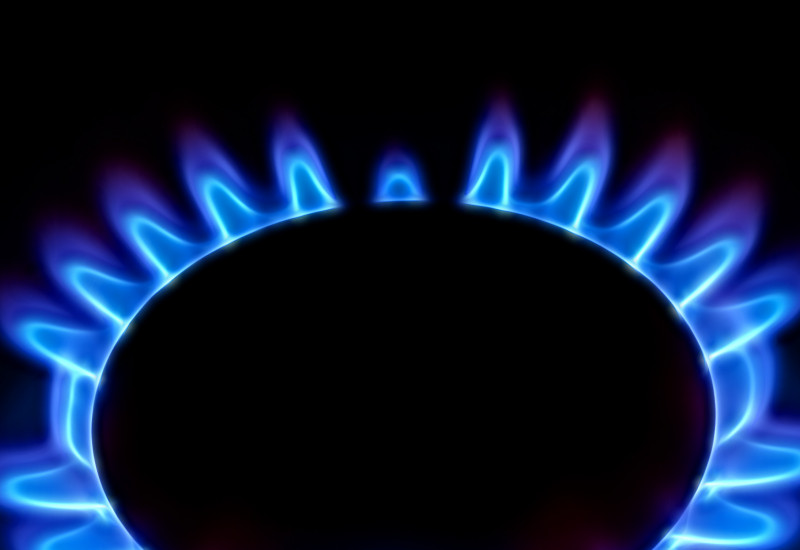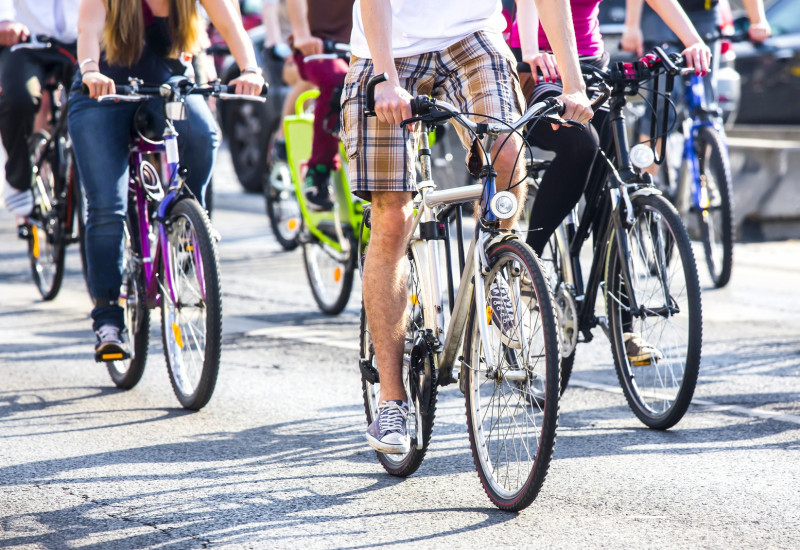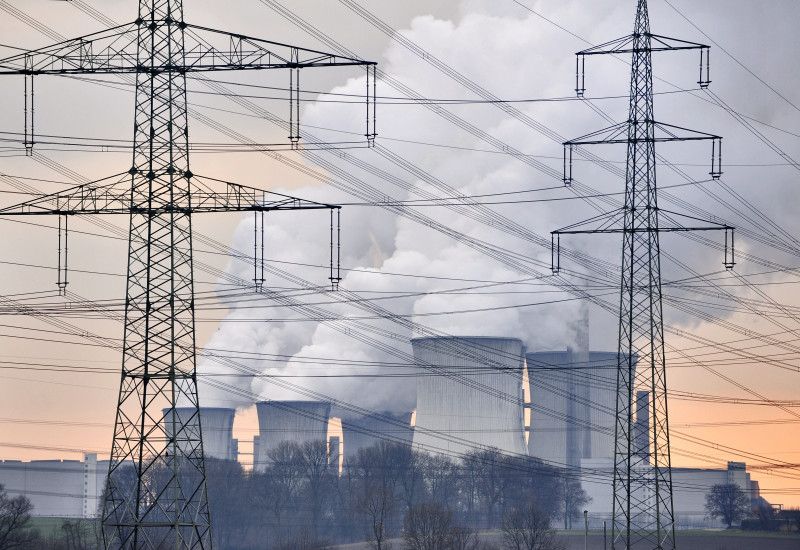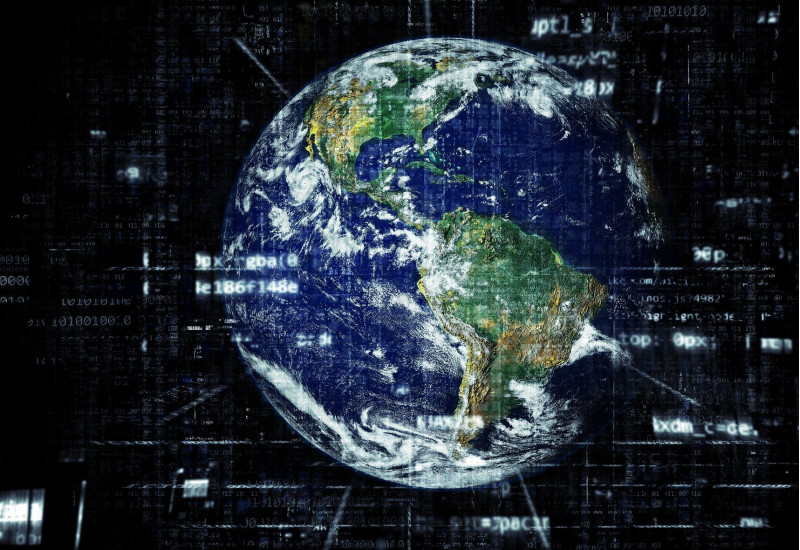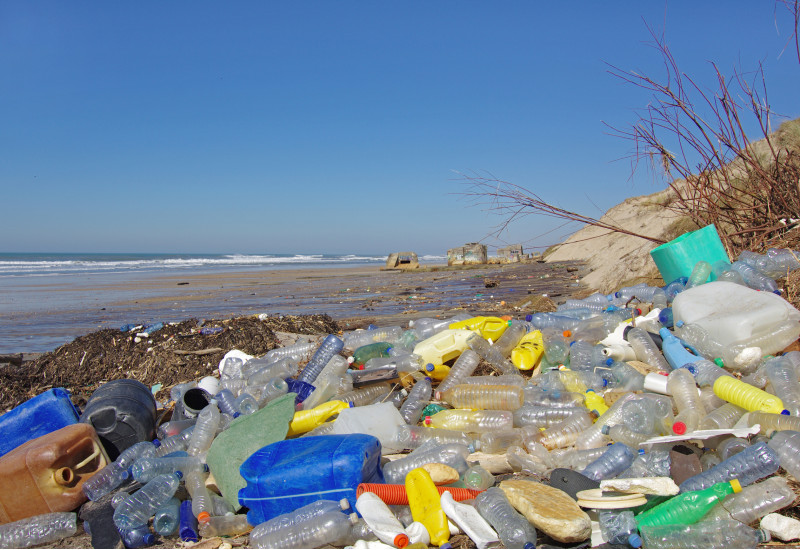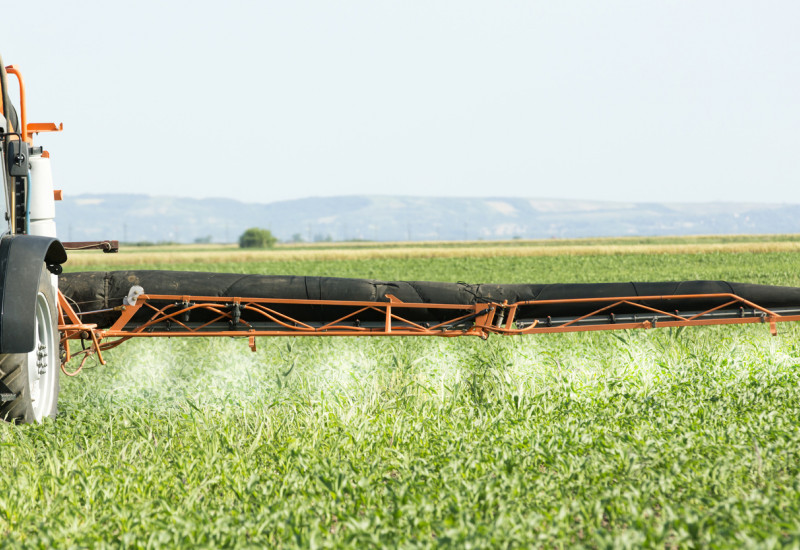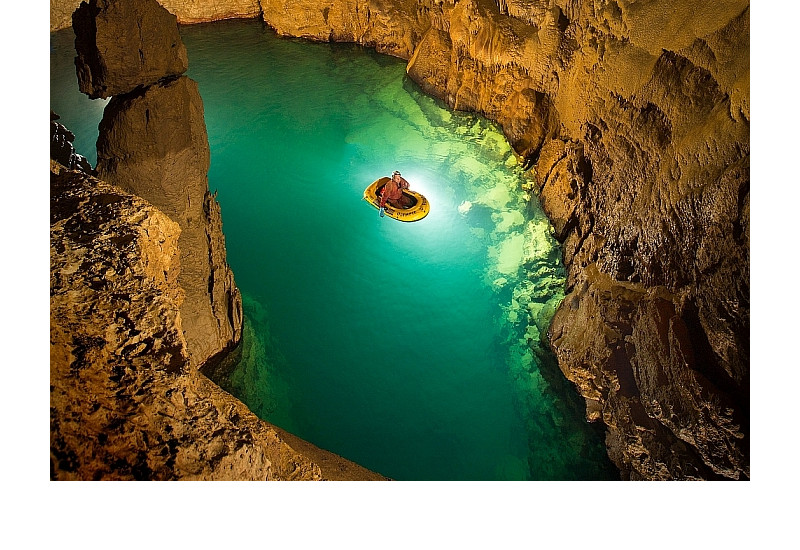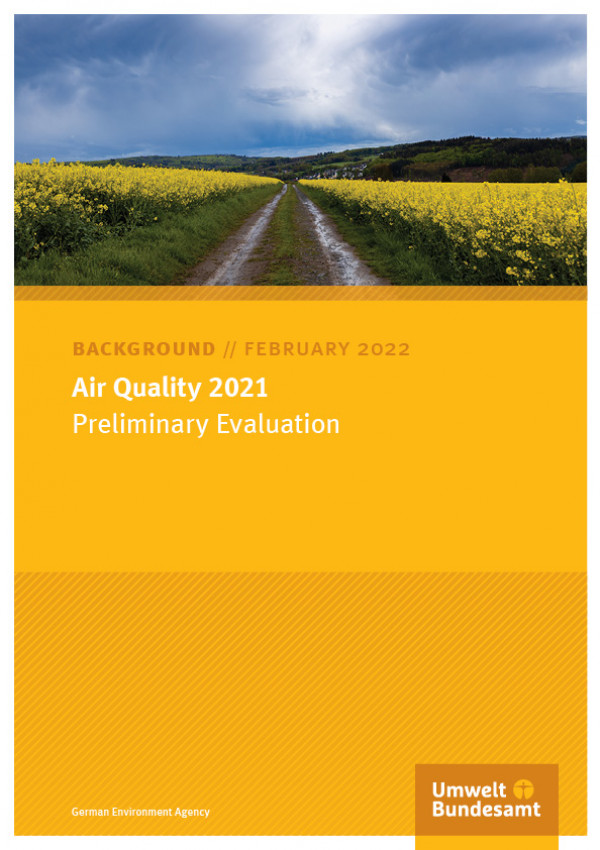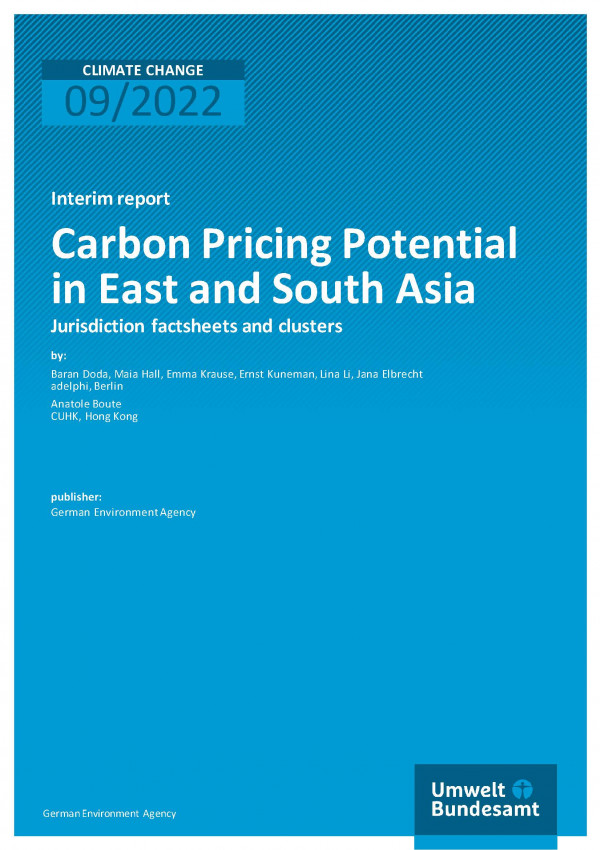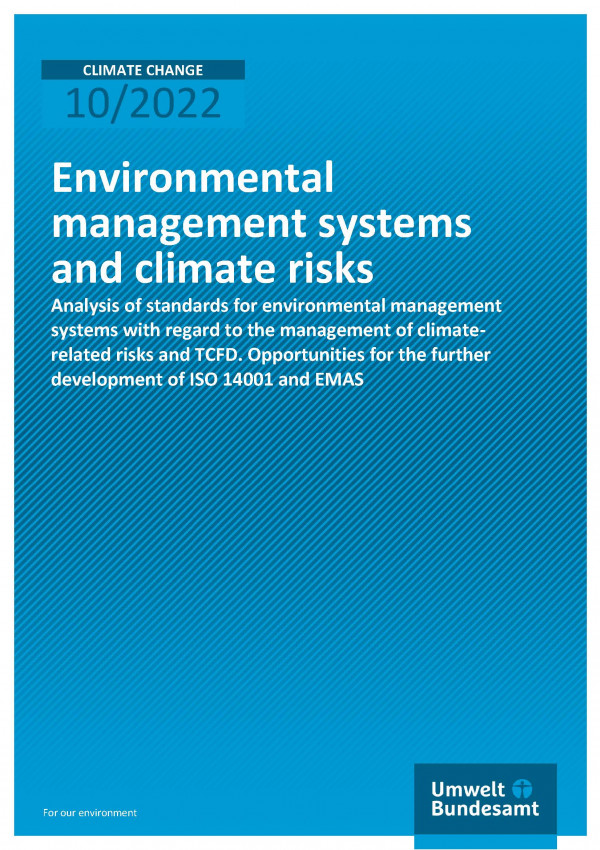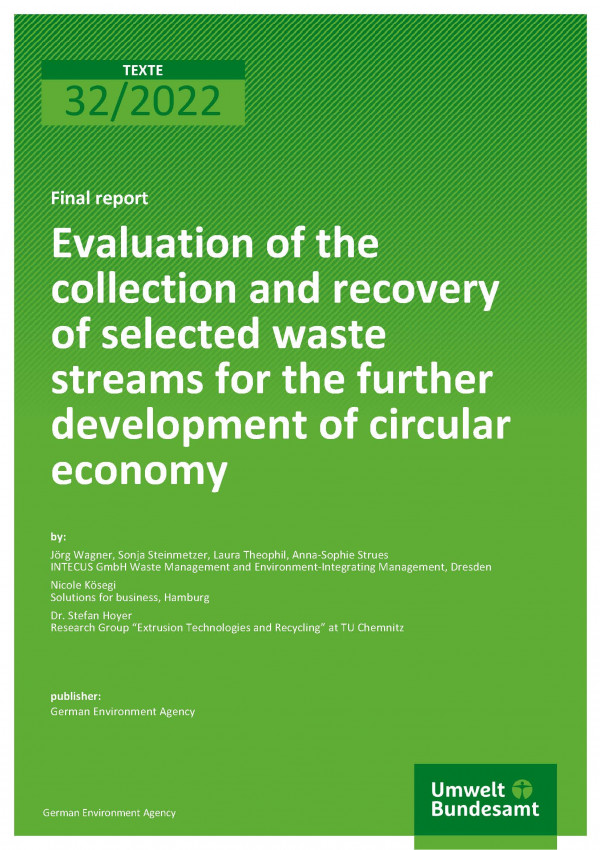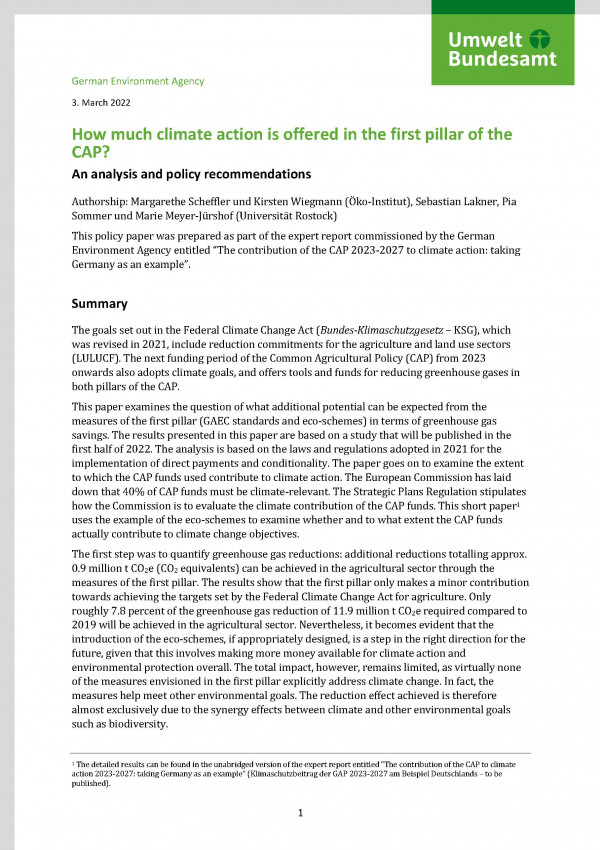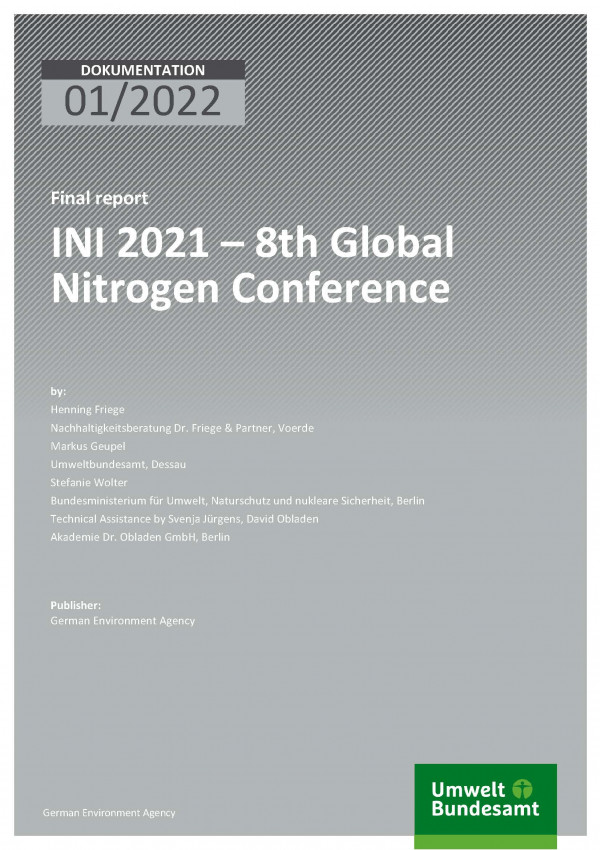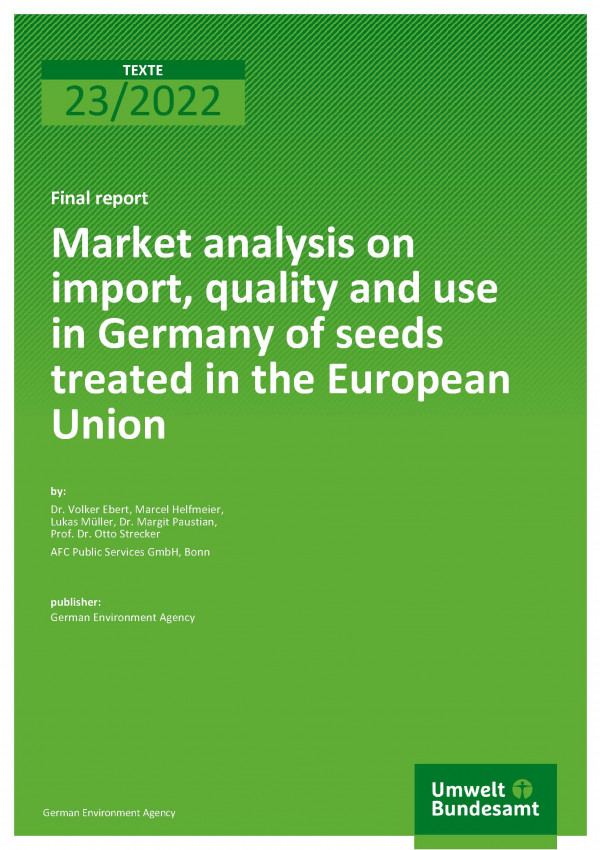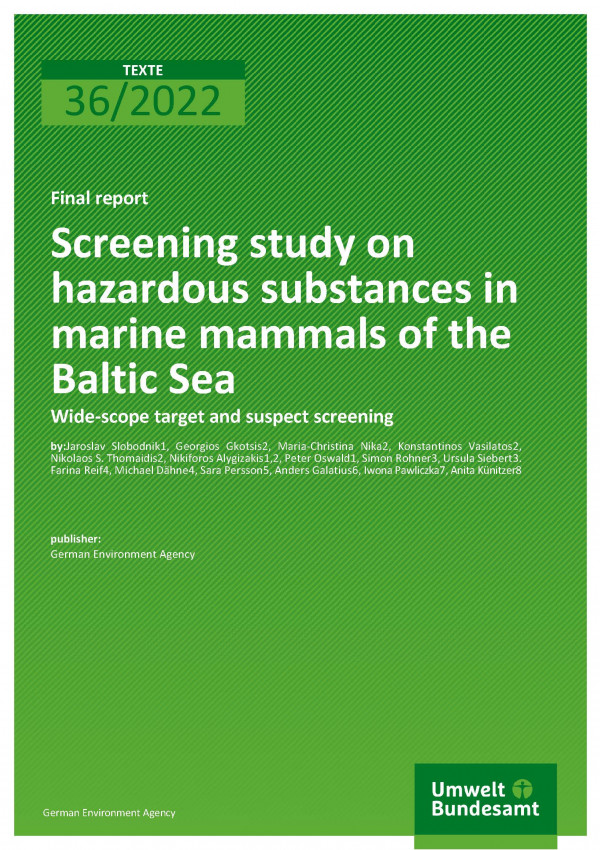Rapidly increase renewable energies – for the climate and energy independence

Germany can become climate-neutral and independent of energy imports with renewable energies.
Source: Lisa F. Young / Thinkstock / iStock |
The expansion of renewable energies, such as wind power and photovoltaics, is a pressing matter. For one, to maintain a climate on Earth in which we as humans can continue to live well. For another, the Russian offensive against Ukraine has made it abundantly clear how interconnected safety and energy supply are.
If Germany is to quickly achieve greenhouse gas neutrality and energy independence, it must set a much faster pace in reducing greenhouse gas emissions and in implementing the energy transition. As the all but normal year 2020 showed a decline in emissions that even surpassed the already downward trend, emissions increased in 2021. To achieve the German government's goals by 2030, six percent of emissions must now be reduced per year – since 2010, the average has not even reached two percent. The switch from fossil fuels to renewable energies is crucial to reducing greenhouse gas emissions. Yet the expansion of wind energy, which is indispensable for this, has stagnated in recent years. Renewable energies currently account for around 20 percent of Germany’s total gross final energy consumption. There is still a lot to be done, especially with regard to energy generation for heat and transportation: while renewable energies already account for about 41 percent of electricity generation, the share in the heating and cooling sector, which accounts for more than half of Germany's total gross final energy consumption, is only about 17 percent, and only about 7 percent of energy used in the transport sector comes from renewable sources.
German Environment Agency President Dirk Messner: "We need to build more solar and wind power plants quickly. We need to switch to using heat pumps in our buildings and stop installing oil and gas heating systems as soon as possible. We can also make considerable progress in saving energy in our houses, especially by making them more energy-efficient. This will also help us to reduce our energy dependency on Russia."



